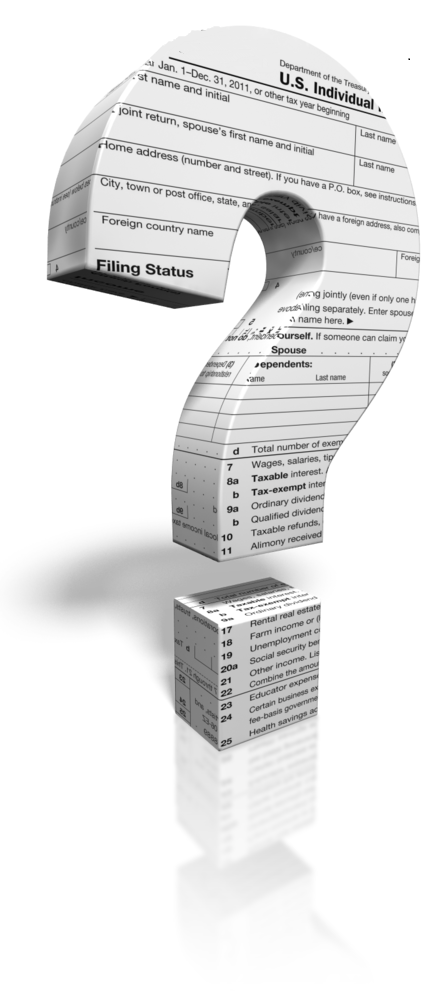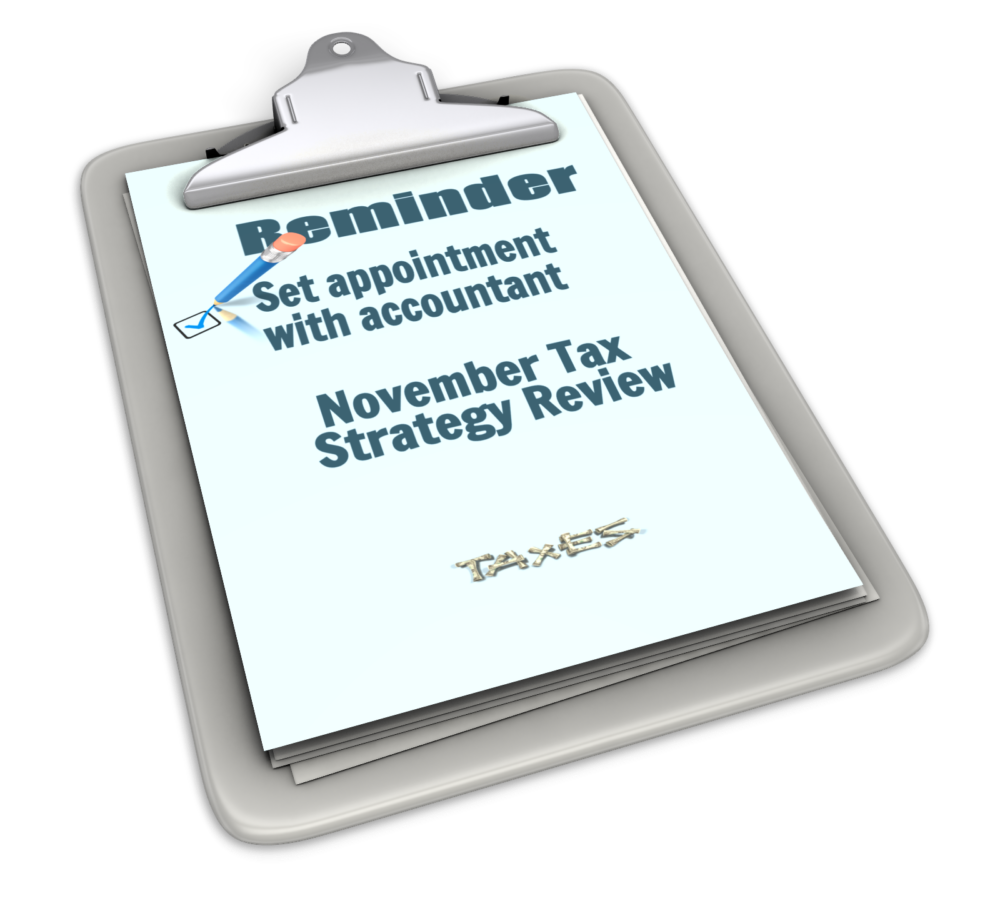In December 2017 the Tax Cuts and Jobs Act was passed by congress. So how will these changes affect you? Here are some of the changes in the Tax Act and how they may affect you.
* Medical expense deduction. The new threshold for medical expense tax deductions will be “retroactive” for 2017 and lowered to 7.5% of your adjusted gross income (down from the previous 10%). The new 7.5% will also be in effect throughout 2018. The lower rate will revert back to 10% beginning 2019. Will you meet the new deduction threshold?
in effect throughout 2018. The lower rate will revert back to 10% beginning 2019. Will you meet the new deduction threshold?
* Individual Mandate penalty for healthcare. The mandate will remain in place through 2019. You will still need to provide evidence that you have healthcare coverage and retain Forms 1095. Those who do not have proof of coverage will pay the $695 or 2.5% of your income, whichever is the higher of the two. Unless there are changes there will no longer be an individual mandate in 2019.
As you work on your 2018 tax planning you should consider these changes. Here is a short list of some of the changes.
* A reduction in income tax rates.
* Standard deductions are doubled
* Personal exemptions are suspended.
* Itemized deductions will have new limits, such as;
** Property and sales tax, as well as your combined state and local income tax deductions will be limited to $10,000 in 2018.
** Casualty losses will be limited to federally declared disaster areas.
** The miscellaneous deductions subjected to the 2% of adjusted gross income threshold is eliminated.
Some taxpayers will see a boost to in 2018 deductions for:
* The child tax credit will now be $2,000.
* There will be a new $500 family tax credit.
* Beginning 2018 the education savings plan 529 will expand to cover K-12 private school education.
* The estate tax exemption will double.
At Summit CPA we offer multiple resources to assist you will your financial needs. If you need assistance with making a new tax plan or questions regarding the new tax reform, contact our office at (866) 497-9761 to schedule an appointment with our advisors.
.png?width=120&height=77&name=Summit-Virtual-CFO_color_rgb%20(1).png)














